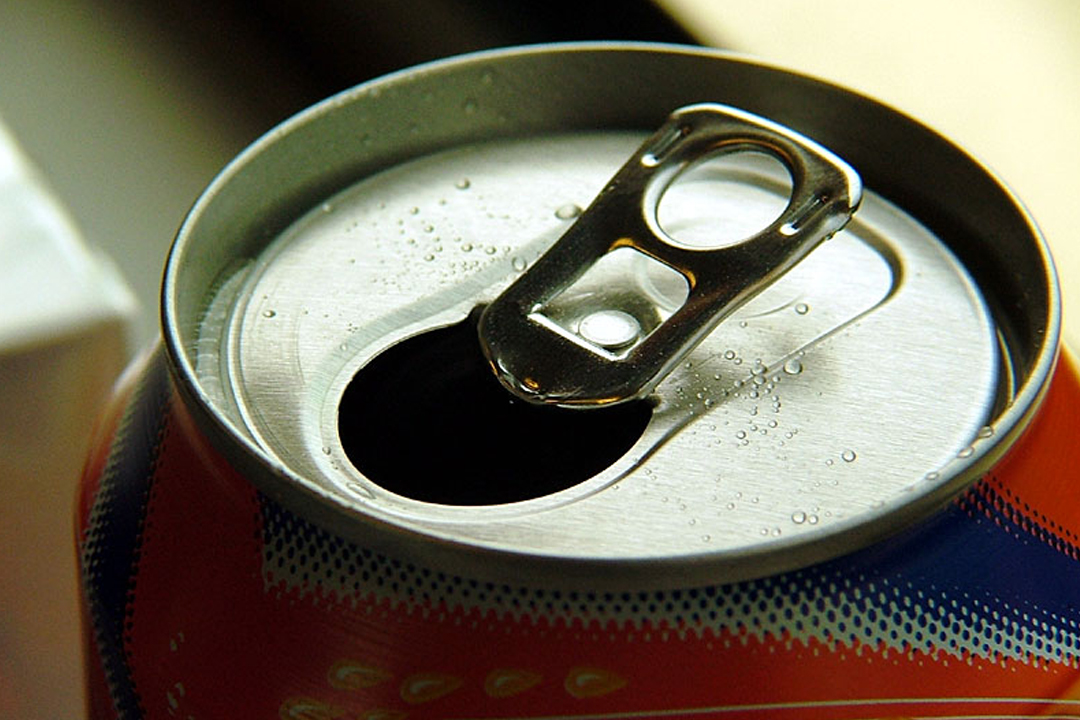
Reducing Food Waste in Foodservice
October 16, 2018 by Doreen Garelick, Dietetic Intern
Our intern Doreen attended a food waste summit for restaurants and compiled these tips to help food service operators redirect…
November 17, 2016

There's plenty of news to read about the recent elections and given the other significant outcomes, it's easy to overlook one winner in the 2016 elections: soda taxes. Four cities passed soda tax measures (three cities in California: San Francisco, Oakland, Albany, as well as Boulder, Colorado). Multiple health organizations including The World Health Organization (WHO) and the American Heart Association have expressed their approval of soda taxes to reduce obesity. But do these taxes help reduce consumption of soda and other sugar-sweetened beverages or lower obesity rates?
This isn’t the first time we’ve heard of soda taxes. Mexico City imposed a 10% tax on soda in 2013. This triggered a huge outcry from the beverage industry, which claimed that taxes on beverages don’t improve public health, and included New York Times opinion pieces and Time Magazine editorials. Similarly, Berkeley also imposed a sugar-sweetened beverage tax of 1 cent/oz in 2015. So what do we now know about the impact of sugar-sweetened beverage taxes?
In Mexico, a year long observational study published in the British Medical Journal found a 12% decline in consumption of sugar-sweetened beverages by the end of the study and a 4% increase in untaxed beverages, mainly, bottled water. While recent obesity rates from Mexico have yet to come out, the future seems bright as many are substituting water for sugar-sweetened beverages.
Berkeley, California also imposed a sugar-sweetened beverage tax, and the results were even more astounding. One study in the American Journal of Public Health showed consumption of sugar-sweetened beverages decreased a whopping 21% after the tax was implementation and water consumption increased by 63%.
But does taxing sugar-sweetened beverages actually reduce obesity rates? While we don’t have information on Mexico, a review looked into middle-income countries who imposed sugar-sweetened beverage taxes. This review found that the taxes decreased calorie intake, but did not reduce obesity rates in countries as a whole. It is clear we need more information on city-wide obesity rates to truly understand if sugar-sweetened beverage taxes can reduce obesity.
So will we see more support for sugar-sweetened beverage taxes? Not everyone is on board. One study found that only half of Americans support the tax and interestingly, people who were told by their health care provider they needed to lose weight were less likely to be convinced of pro-tax messages.
What do you think about taxes on sugar-sweetened beverages and do you have other ideas for how to encourage healthier beverage choices?

October 16, 2018 by Doreen Garelick, Dietetic Intern
Our intern Doreen attended a food waste summit for restaurants and compiled these tips to help food service operators redirect food waste from landfills.
Nutrition 101

Nutrition 101
September 26, 2018 by Doreen Garelick, Dietetic Intern
Ever notice headlines about rapid weightloss? Dietetic Intern Doreen Garelick looks deeper into a recent eye-catching headline to see if there's any truth behind it.
Connect
 Follow us on Twitter
Follow us on Twitter Friend us on Facebook
Friend us on Facebook Follow us on Pinterest
Follow us on Pinterest Follow us on Instagram
Follow us on Instagram Read our Blog
Read our Blog Watch videos on YouTube
Watch videos on YouTube Watch videos on Vimeo
Watch videos on Vimeo Connect with us on Linkedin
Connect with us on Linkedin Find us on Foursquare
Find us on Foursquare
Tweets by @SPEcertifiedBlog Search
Categories
SPE Certified Newsletter
Sign up for news on the latest SPE-certified venues, events and SPE updates.
We will never share your personal information with a third party.